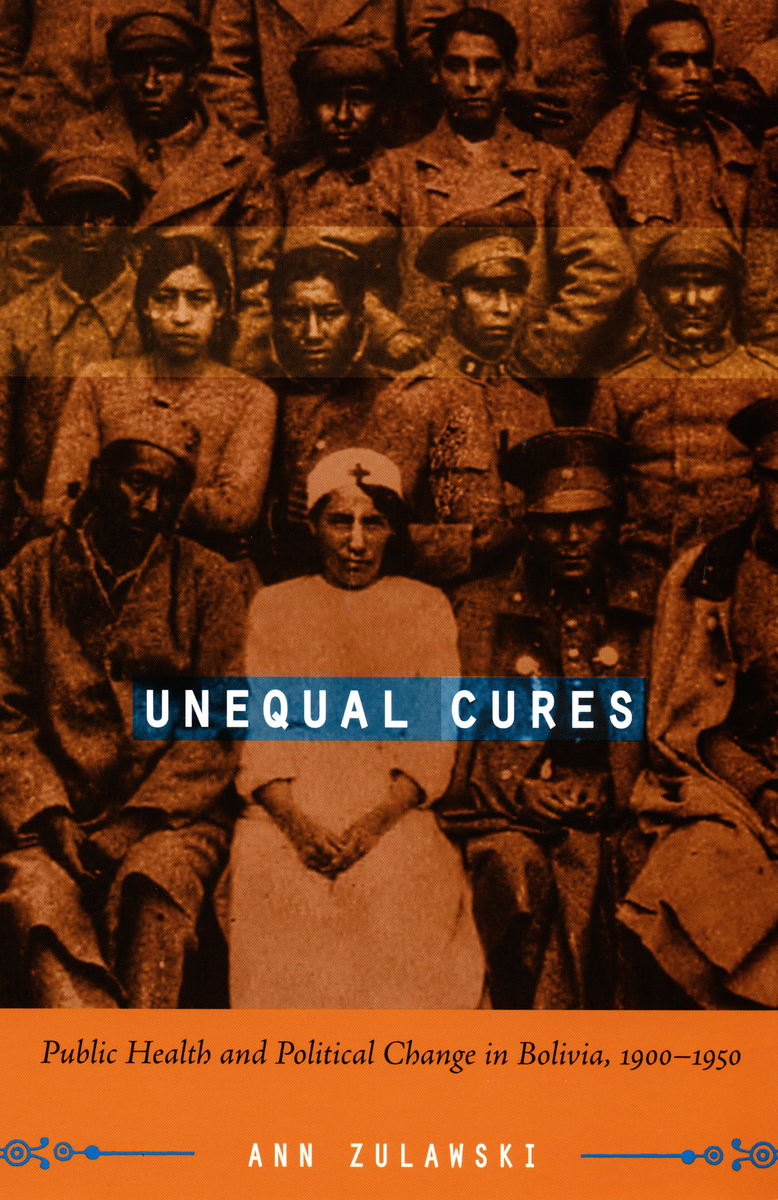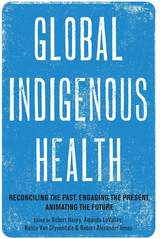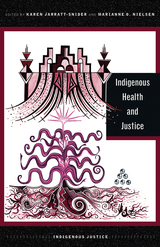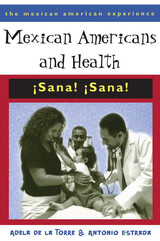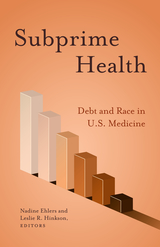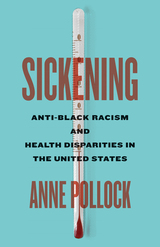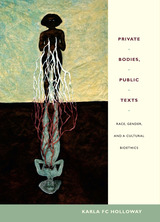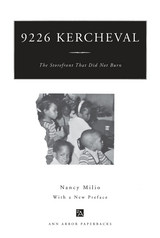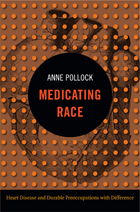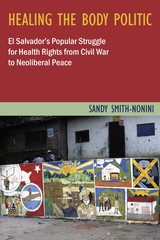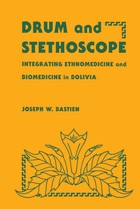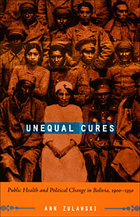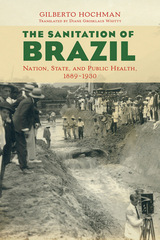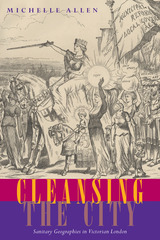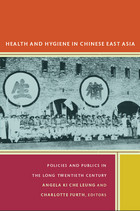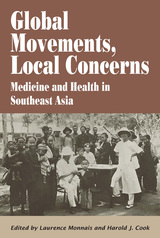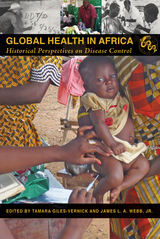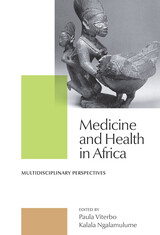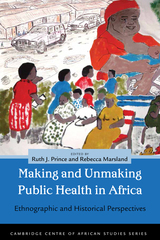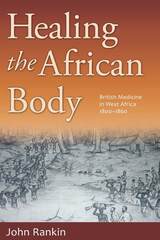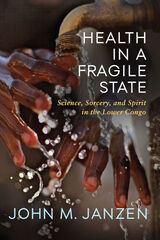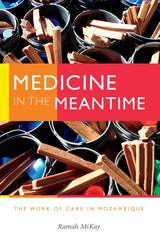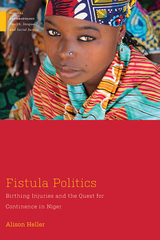“Unequal Cures is an original and well-crafted historical study that opens fresh new perspectives on old issues, namely the formation of racial, class, gender, and national identities in a modernizing multiethnic nation—in this case, Bolivia. This fascinating and sweeping history of nation-making told through the rare lens of public health discourses and policies is a first-rate contribution to the fields of Andean studies and the social history of medicine in Latin America.”—Brooke Larson, author of Trials Nation Making: Liberalism, Race, and Ethnicity in the Andes, 1810–1910
“This meticulous study of Bolivia, one of the poorest countries in Latin America, shows why doctors and public health officials were unequal to the task of improving the health of the majority of its citizens in the first half of the twentieth century. Using the tools of social and medical history to great effect, Ann Zulawski demonstrates that the divisions of ethnicity separating the small white elite from the mass of the Indian population meant that the gap between the rhetoric of biomedical improvement and the reality of Indian ill health remained huge, even in the more progressive 1940s and 1950s. A sad and important contribution to the field.”—Nancy Leys Stepan, Professor of History, Columbia University
“Unequal Cures is a well-written and thoroughly researched historical analysis of health care that neatly weaves together issues of gender, ethnicity, international health care, and medical access in Bolivia from 1900 to 1950. There is very little historical research on medicine or public health in Bolivia, and therefore Zulawski’s book is a welcome addition to the literature.”
-- Susan Tanner Journal of World History
“Ann Zulawski’s study of health and the distribution of medical care in Bolivia in the first half of the twentieth century provides an insightful and subtly drawn account. It is a welcome addition to, and one of the finer examples of, a growing literature on health and medicine in Latin American history.”
-- Julia Rodriguez The Americas
“This is a significant contribution to the field of Andean historiography, as well as to broader studies of gender, ethnicity, health and politics. . . . [T]he book’s originality rests in the way it links conflicts and policies pertaining to the establishment of a public health program in a small, poor country during the first half of the twentieth century to the larger context of gender, ethnic, and political history.”
-- Teresa Meade American Historical Review
“Zulawski has written one of the most comprehensive histories of public health on a country often deemed, even by foreigners, of little importance to the region. Her book will help to transform this misperception. [E]ssential reading for anyone interested in the history of medicine or public health in the developing world and specifically in Latin America.”
-- Gabriela Soto Lavega Bulletin of the Pacific Circle
